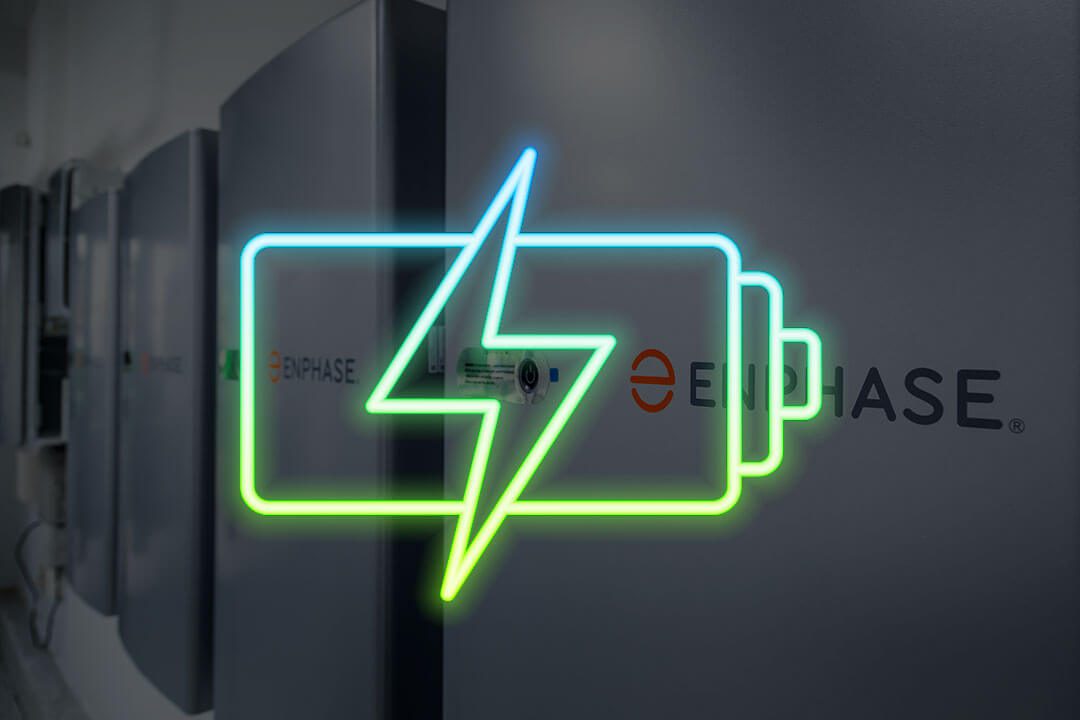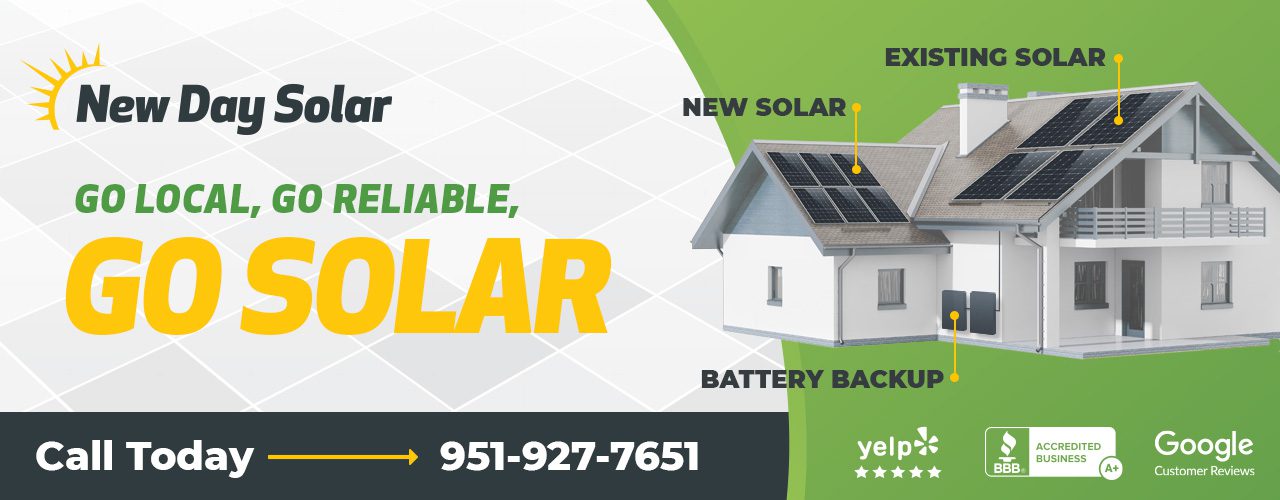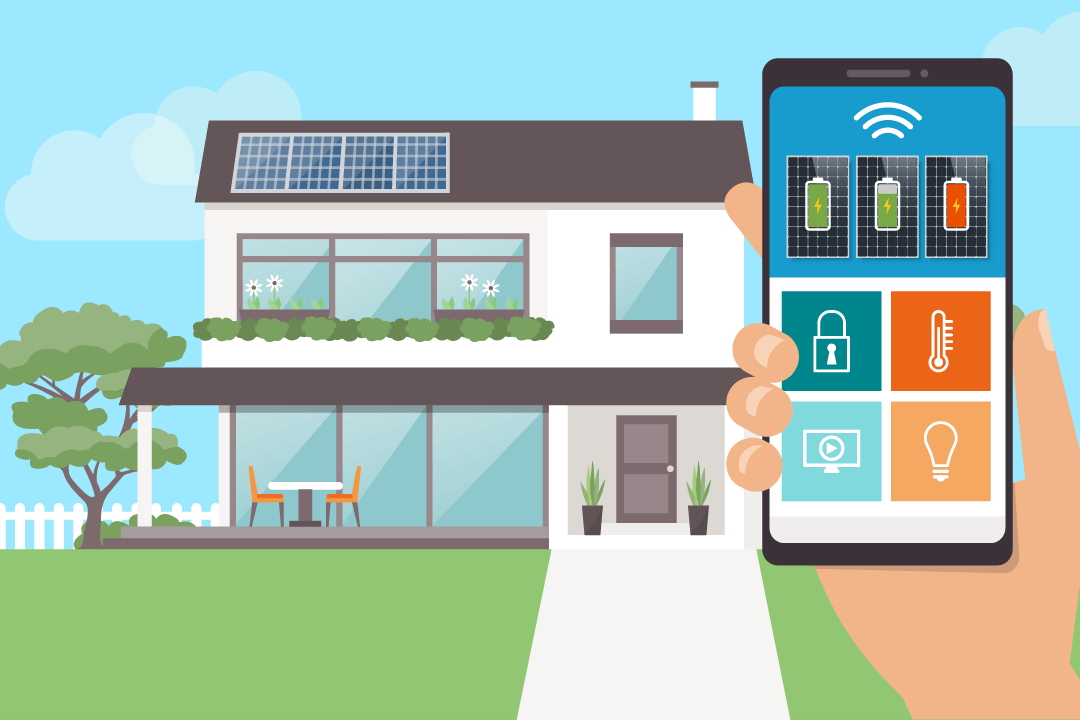New Solar Panel Technology: Upgrade Your Solar Power With the Latest Tech

The future of solar panel technology is here, bringing unprecedented advancements in efficiency, design, integration, and clean energy.
Let’s talk about the latest innovations in solar technology, highlighting why staying updated with these developments is crucial for anyone invested in solar energy.
What’s new in solar technology?

Increased Panel Efficiency
Solar panels are devices that convert sunlight into electricity. Efficiency refers to how well they can turn sunlight into usable energy. Recent advancements have made these panels better at capturing and converting sun light.
New advancements have pushed solar panel efficiency beyond 23%, with research pushing towards 30% for high-end models.
Importance:
Higher efficiency panels generate more electricity per square foot, allowing homeowners to produce more power from a smaller roof area. This can be particularly valuable for homes with limited space for solar panels.

Improved Energy Storage Solutions
Solar batteries store the electricity generated by your solar panels so you can use it when the sun isn’t shining. Advances in battery technology have led to better storage capacity and longer life.
Battery technologies have advanced with higher capacities, faster charging times, and longer lifespans. Newer batteries also offer better performance in varied temperature conditions.
Importance:
Enhanced storage solutions allow homeowners to store more of their solar-generated electricity for use during non-sunny periods or power outages. This improves energy independence and reliability.

Smart Solar Technology
Smart solar technology includes advanced tools that help manage and optimize the performance of your solar system. This includes smart inverters and monitoring systems that provide detailed data about how your system is performing.
Integration of smart technology with solar systems has become more prevalent. This includes smart inverters, which optimize performance, and advanced monitoring systems that provide real-time data on energy production and consumption.
Importance:
Smart technology helps homeowners manage their energy use more efficiently and diagnose potential issues with their system quickly. Real-time data can also help in optimizing energy usage and saving on electricity bills.

Solar Panel Aesthetics
Solar panels can be visible on your roof, which might not always look appealing. New designs aim to make them look better and blend in with your home.
New designs and materials have made solar panels more aesthetically pleasing, including options like all-black panels or panels that blend with roofing materials.
Importance:
More attractive solar panels can enhance the curb appeal of a home, making them a more appealing option for homeowners concerned about the visual impact of traditional panels.
Bifacial Solar Panels
Traditional solar panels capture sunlight only from the front. Bifacial panels can capture sunlight from both the front and the back, including reflected light from surfaces like rooftops or the ground.
Bifacial panels capture sunlight on both the front and back sides, increasing overall energy production.
Importance:
These panels can generate more electricity compared to traditional panels by utilizing reflected light from surfaces like rooftops or ground. This means better performance and efficiency, especially in locations with high albedo (reflectivity).

Enhanced Durability and Warranty
Solar panels are exposed to the elements, so they need to be durable. Advances have improved the materials used, making panels last longer and come with better warranties.
Advances in materials and manufacturing processes have led to more durable panels with extended warranties. Some panels now come with 25-year warranties or longer.
Importance:
Improved durability and longer warranties mean homeowners can expect better long-term performance and reduced maintenance costs. This ensures that the investment in solar panels continues to pay off over the years.
Integration with Smart Home Systems
Smart home systems allow you to control various aspects of your home from your phone or computer, including energy management. Integration means your solar system can work seamlessly with these smart systems.
Solar systems are increasingly being integrated with smart home technologies, including energy management systems and home automation platforms.
Importance:
This integration allows for more efficient energy management and the ability to control and optimize solar energy use alongside other smart home features, enhancing convenience and energy savings.
What’s new from the top brands in solar system technology

Enphase Energy:
- IQ8 Microinverters: Enphase recently released the IQ8 microinverters, which feature the ability to work without a grid connection, providing backup power even during outages. They also offer improved efficiency and reliability.
- Enphase Ensemble: Their Ensemble energy management system continues to evolve, integrating with the IQ8 microinverters and Enphase batteries to offer advanced grid-forming capabilities and enhanced energy management.
- Enphase Storage: Enphase’s Enphase Battery continues to receive updates, with improvements in energy density and integration with their solar management systems for seamless energy storage and utilization.

Tesla:
- Solar Roof: Tesla’s Solar Roof is gaining traction, with improvements in installation processes and performance. The roof integrates solar cells directly into roofing materials, providing a sleek, high-efficiency solar solution.
- Powerwall 3: Tesla has been updating their Powerwall battery storage system, with the latest version offering greater storage capacity and enhanced energy management features. The Powerwall 3 aims to provide more power and longer backup times.
- Solar Panels: Tesla’s traditional solar panels also continue to see incremental improvements in efficiency and aesthetics, with a focus on integrating seamlessly with their solar roof and Powerwall products.

Franklin Whole Home
- Franklin Home Power: Franklin Electric’s Whole Home Power system is designed to offer comprehensive energy solutions for residential use. It integrates solar panels, energy storage, and backup power capabilities, with recent updates focusing on enhancing system reliability and ease of installation.
- Advanced Monitoring: Franklin Whole Home systems now include more sophisticated monitoring and management features, allowing homeowners to track energy production and consumption in real-time and optimize their energy usage.

NeoVolta:
- NV14 Battery: NeoVolta’s NV14 battery storage system has been updated with improvements in capacity and efficiency. The NV14 is designed to provide reliable, high-capacity energy storage for residential solar systems, with enhanced features for better performance and longer lifespan.
- Integration and Monitoring: NeoVolta continues to enhance its integration capabilities with solar systems and improve its monitoring features, offering homeowners better control and insights into their energy usage and system performance.

If you have any questions about the future of solar or are interested in a residential system yourself, please let us know!
Our experienced team of experts is at hand ready to help you update an older system, or get into a new one and start saving today!
Filed Under:
have questions?
Schedule a consultation with Our Solar Experts
Find out more with an honest, no pressure consultation
with our team of solar experts.

